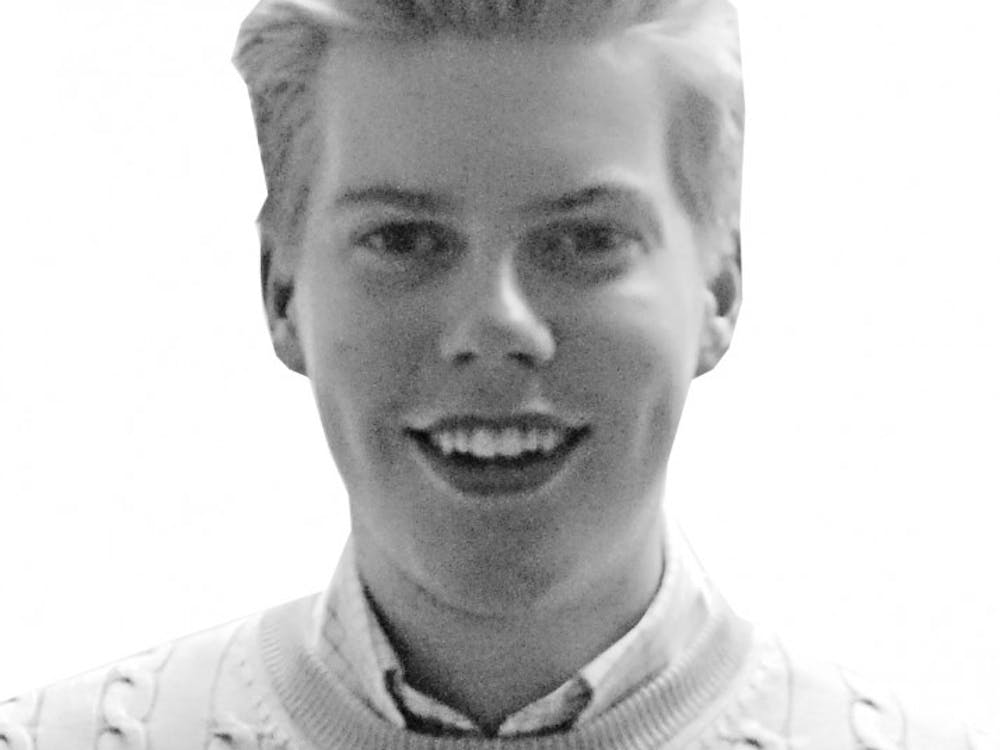A chance for a better affirmative action system
Marni MorseThe U.S. Supreme Court is currently reviewing yet another affirmative action case from Michigan. This time the Court is considering the constitutionality of a 2006 state referendum that bans the use of racial criteria in college admissions.









